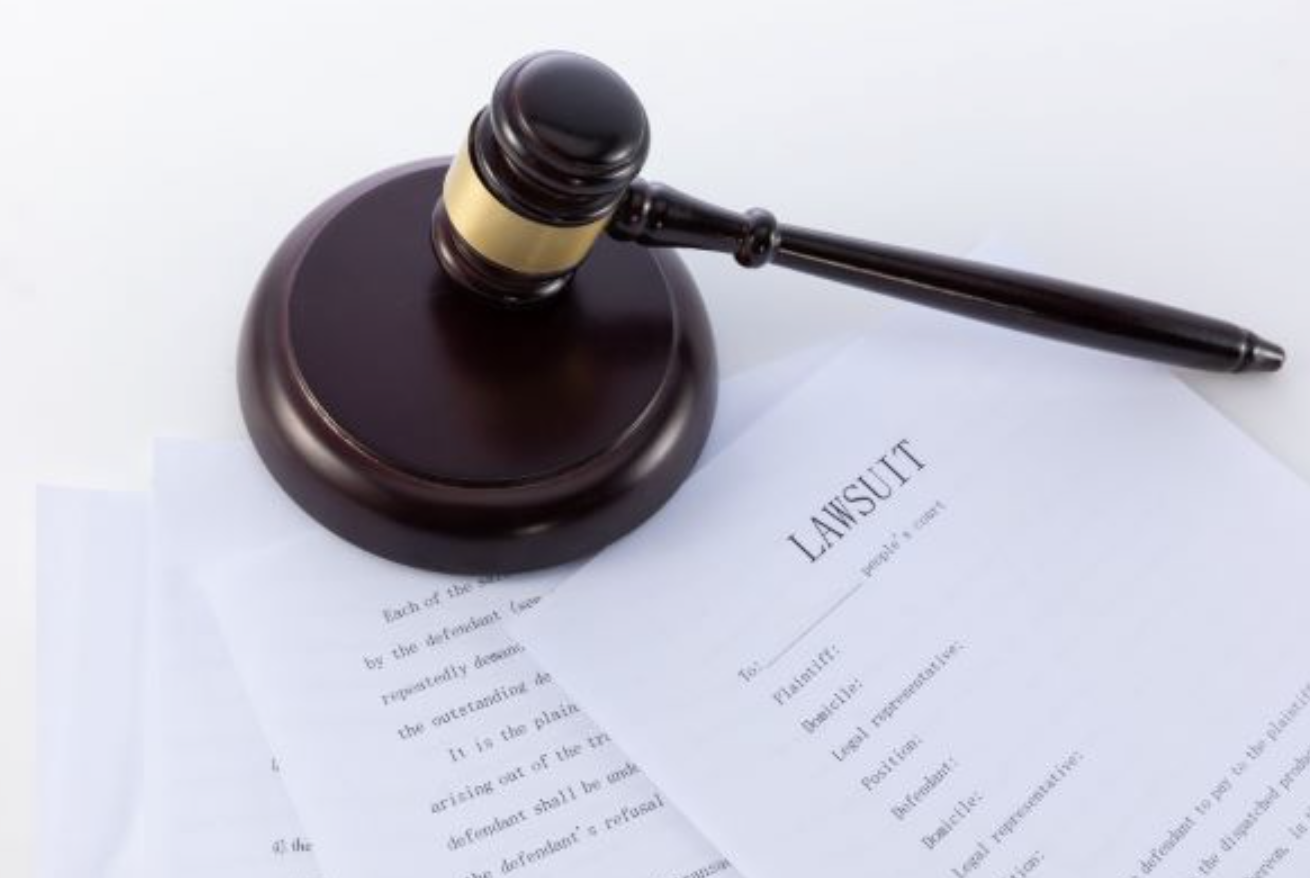A group of Canadian media outlets have filed a lawsuit against OpenAI, claiming that the company committed wide-ranging copyright infringement while training ChatGPT.
A group of Canadian media outlets have filed a lawsuit against OpenAI, claiming that the company committed wide-ranging copyright infringement while training ChatGPT.
According to The Associated Press, the plaintiffs include news publishers like The Canadian Press, Torstar, Globe & Mail, Postmedia, and CBC/Radio-Canada. In a joint statement, the companies said that OpenAI regularly breaches copyright law by “scraping” content originally created by Canadian media outlets.
“OpenAI is capitalizing and profiting from the use of this content, without getting permission or compensating content owners,” the companies said in a statement.
Attorneys for the publishers say that OpenAI’s alleged copyright infringement has effectively devalued the hundreds of millions of dollars that news outlets have invested in journalists and high-quality reporting.
“News media companies welcome technological innovations,” the statement said. “However, all participants must follow the law, and any use of intellectual property must be on fair terms.”
ChatGPT, a large language, uses generative artificial intelligence to create seemingly novel outputs based on simple prompts. However, like other types of artificial intelligence, ChatGPT can only replicate human speech after being “trained” on existing content. This “existing content” has, in the past, included news reports, academic articles, and other copyright-protected material.

A spokesperson for OpenAI has since said that its use of copyright-protected material is legally permissible under international principles.
“We have not yet had the opportunity to review the allegations,” OpenAI said in a statement. “[But] Our models are trained on publicly available data, grounded in fair use and related international copyright principles that are fair for creators and support innovation.”
OpenAI has expressed similar sentiments in response to lawsuits filed in the United States. However, the Canadian plaintiffs have already taken issue with OpenAI’s expected argument.
“OpenAI’s public statements that it is somehow fair or in the public interest for them to use other companies’ intellectual property for their own commercial gain is wrong,” the news publishers said. “Journalism is in the public interest. OpenAI using other companies’ journalism for their own commercial gain is not. It’s illegal.”
The Canadian lawsuit focuses specifically on OpenAI’s selection and use of training data.
“We believe that we have a strong case related to the training of the models,” attorney Sana Halwani told The New York Times. “The training of the models is the core of the problem.”
However, Halwani cautioned against drawing fast conclusions, saying that she anticipates difficulty in proving her clients’ claims.
“While it seems obvious that OpenAI is infringing copyright, it is technically very difficult to prove, and this underscores the immediate and pressing need to have regulations put in place, demanding, at the very least, transparency of what is in the training data of generative AI,” Halwani said.
Sources
Canadian news publishers sue OpenAI over alleged copyright infringement
Major Canadian News Outlets Sue OpenAI in New Copyright Case


Join the conversation!